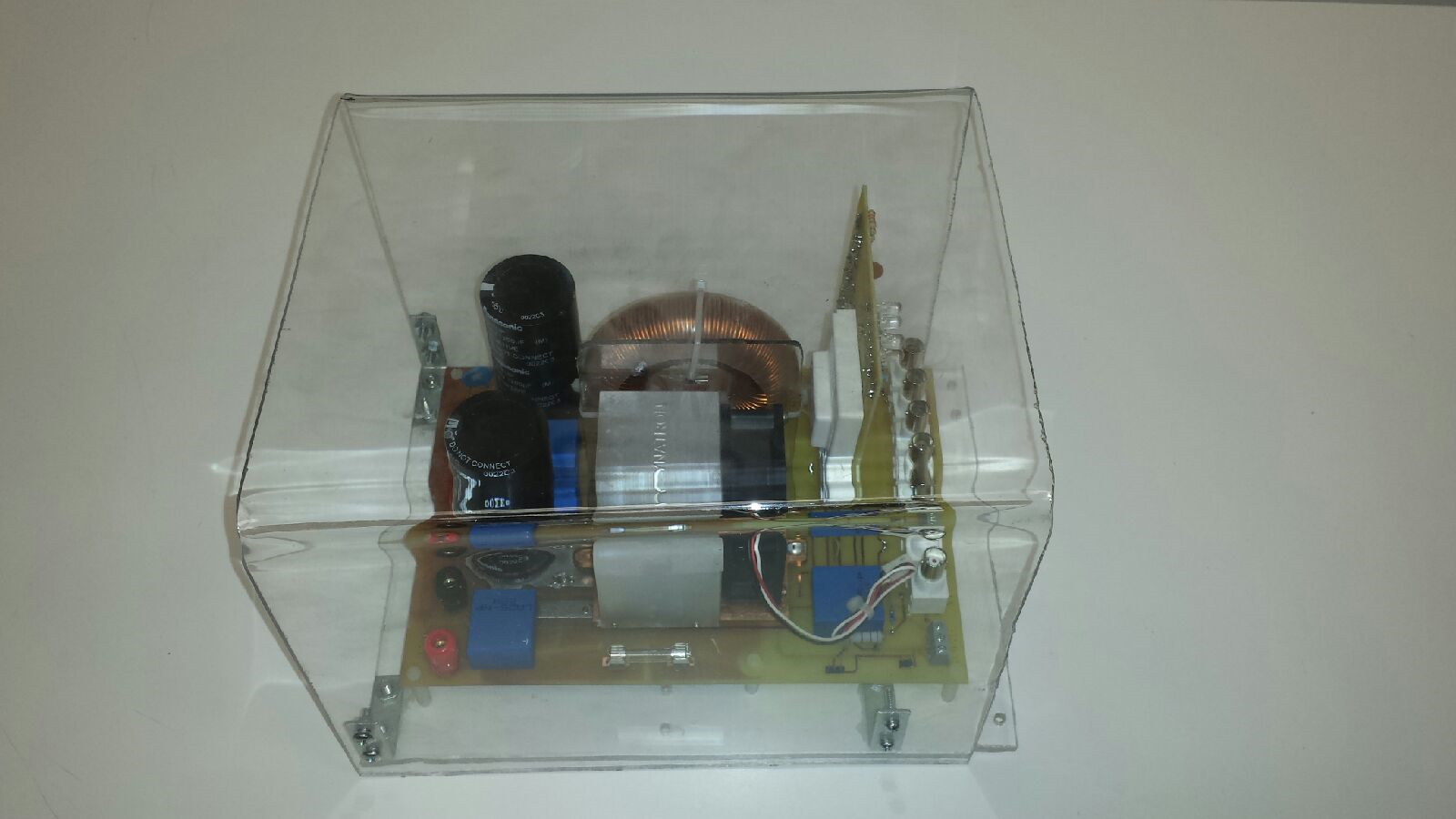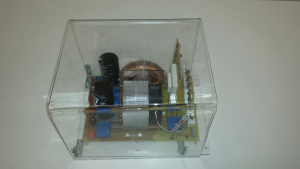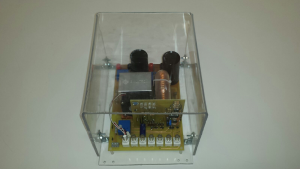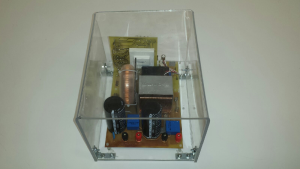One of the ongoing research projects in the testbed is determining the optimum distribution system architectures. This research investigates the utilization of DC distribution system and the selection of the optimum architecture to adequately perform specific operational tasks.
The parameters of this optimization process are the selection of the best energy storage levels, types, combination, points of connection around the distribution system and location of pulsed loads connection.
The objectives of this optimization process are to reduce the stresses on the generators, improve the system stability, reduce frequency and voltage oscillations. The performance of different DC distribution architectures under pulsed load conditions and with different combinations of energy storage devices were investigated theoretically as well as experimentally.
The sizing, performance of Flywheels Energy Storage Systems (FESS) and their integration to the DC distribution network architectures were investigated. Various algorithms were developed for power sharing and transfer in addition to mitigation of pulsed loads and their effects on the system.. This were performed through the development of intelligent control and protection system which is based on data distribution services (DDS).This research is integrated with the research of other students working on other parts of the test-bed to have a complete study and analysis.
This process requires reliable power electronic converter, for this purpose a bi-directional Buck-Boost converter has been developed. This converter is developed mainly for flywheel applications, however it can be slightly modified to be used with any other energy storage element such as (Ultra-capacitor and batteries).






